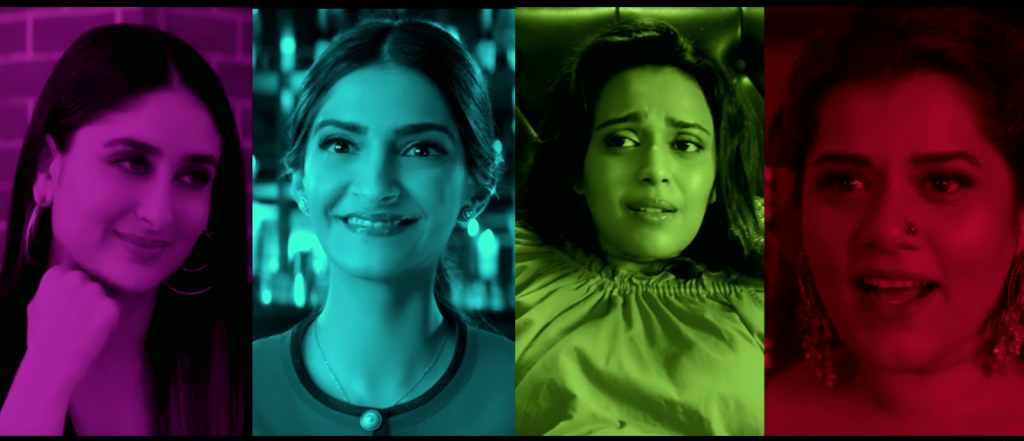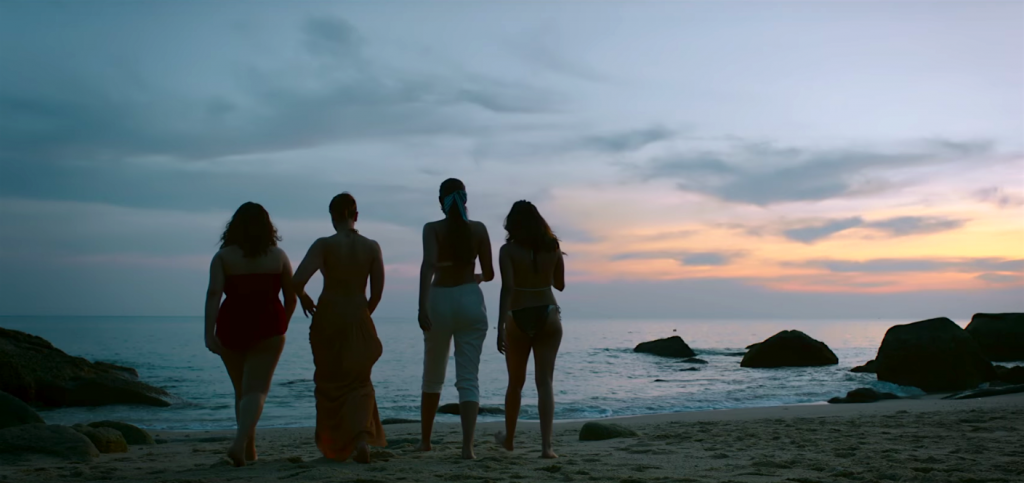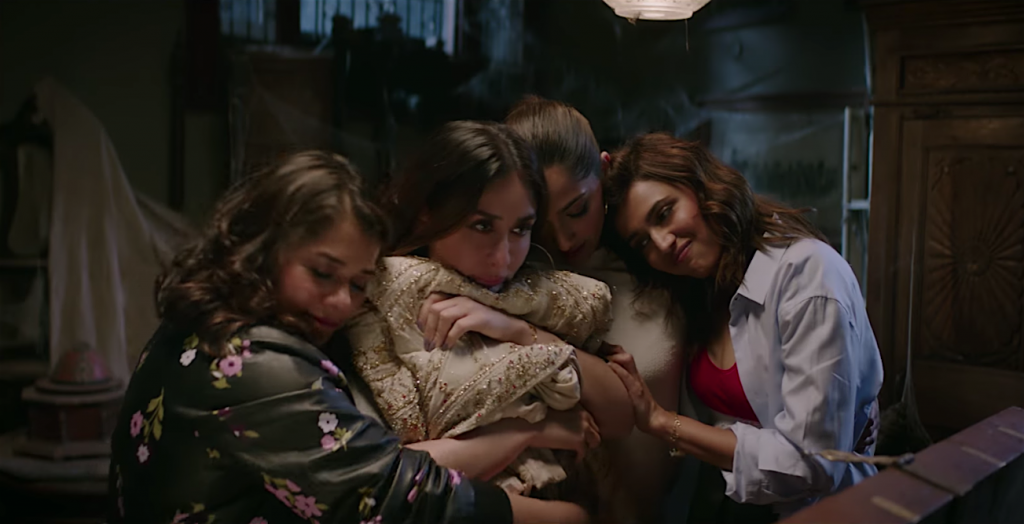
If there is such a thing as “welcome cognitive dissonance,” the trailer for “Veere Di Wedding,” is a prime example of it.
Hearing “ooh, you slept with him?” come out of Kareena Kapoor Khan’s ageless face closely followed by Sonam Kapoor’s glorious utterance of “behenchod” to lament societal pressure to marry was…glorious.

Coming of age stories told in the Subcontinent almost always involve male protagonists, or a pair of siblings, or young love. Films that celebrate tight-knit female friendships a la Hollywood’s “Pitch Perfect,” “Blockers,” or “Mean Girls” usually don’t have a snowball’s chance in hell of getting made. However, I am happy to report that “Veere Di Wedding” looks like it will prove itself the exception to those rules. Try as I might to manage my expectations, the joy of having myself truly represented in an Indian movie is unparalleled.

As consistently adorable as Sumeet Vyas is, he is wonderfully secondary. What takes precedence over him is the depiction of four foul-mouthed, beer-swilling, independent, badass, modern feminist women trying to navigate life as best they can.

“Are we getting married for us or for these people [guests]?”
Women of different sizes, shapes, colors, and persuasions take center stage. Women. Not manic-pixie-dream girls, but real women. Gone is the Geet-esque archetype of heroine, and good riddance. These ladies seem three-dimensional, which is surely a credit to the fact that it is entirely helmed by women. Even without seeing the movie, I am rooting for screenwriters Nidhi Mehra and Mehul Suri, director Shashanka Ghosh (“Khoobsurat”), and producers that include Rhea Kapoor and Ekta Kapoor.
[Read Related: The ‘Raazi’ Trailer Promises an Explosive Spy Thriller with a Strong, Female-Led Premise]
All it took were two minutes and 48 seconds for me to feel like these four women were my real-life friends, and I for one cannot wait to attend my friend Veere’s wedding on June 1st. See you there!




